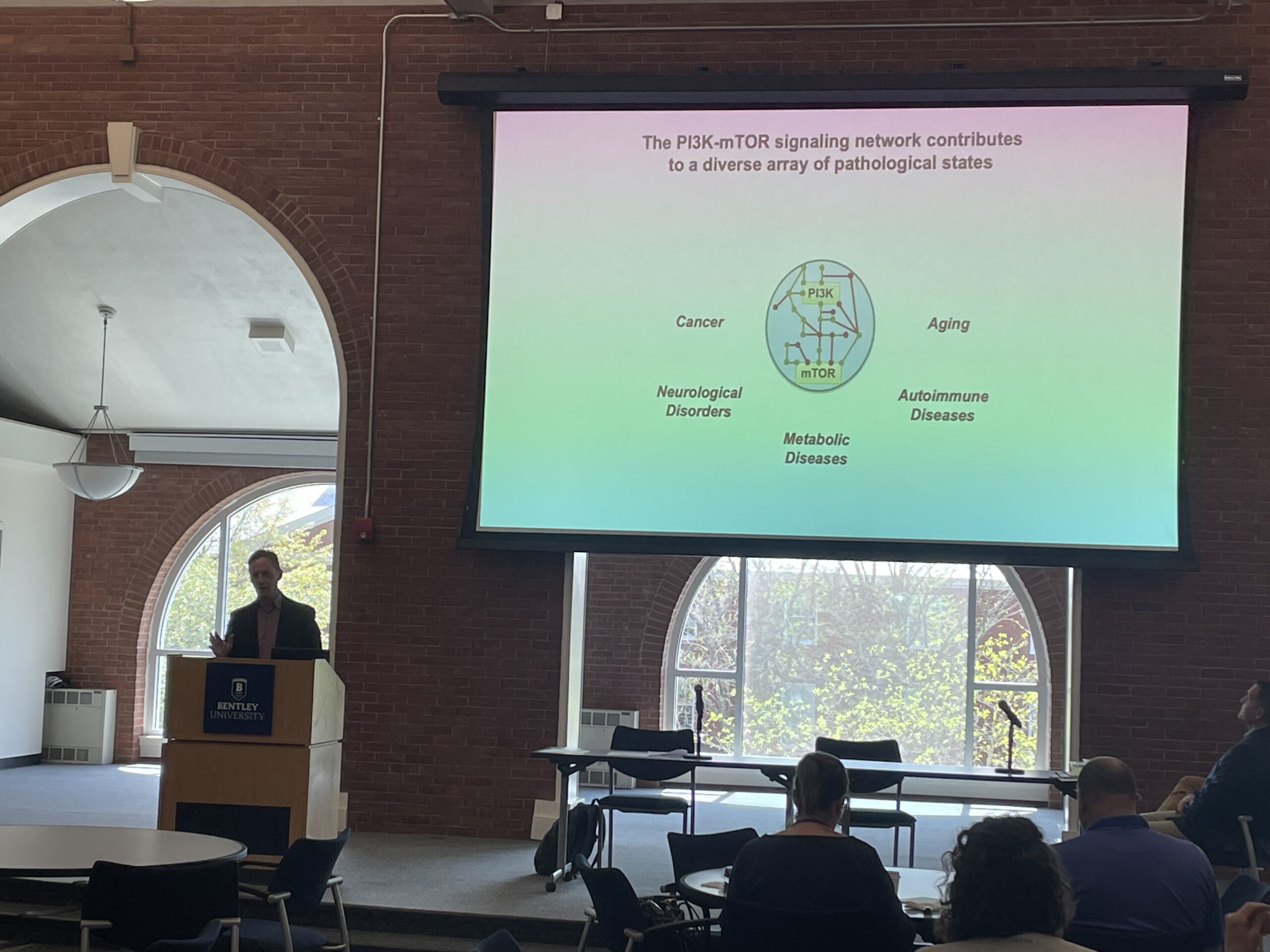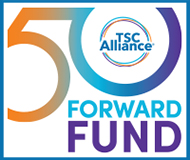
For Brendan Manning, PhD, today’s advances in basic science are the stepping stones to the next breakthrough in treating tuberous sclerosis complex (TSC). Manning has spent the last 25 years researching how the mTOR pathway regulates cell growth in TSC, and how those cells metabolize nutrients. His goal is to find new therapeutic targets to be used in combination with mTOR inhibitors.
Even after decades of research, there are new discoveries. “I view TSC as a key linchpin disease, and how mTOR contributes to that,” he says. “What we are finding is that activation or inhibition of mTOR really changes the way that cells metabolize nutrients.” This can help explain how uncontrolled mTOR activation can lead to the uncontrolled growth that gives rise to tumors in TSC and many cancers.
Dr. Manning gives the TSC Alliance credit for supporting his work not only early on, but throughout his career. That support, he says, was instrumental in allowing him to take risks and move into new areas of research as a young investigator. “My affiliation with the TSC Alliance over the years has been tremendous. it’s hard for me to put into words the impact the TSC Alliance has had on my personal life, as well as my career trajectory. It has really kept me engaged. A lot of other investigators don’t have that kind of reassurance that their work is making an impact.”
That is why mentoring the next generation of TSC researchers remains a top priority. “The people making the discoveries in the lab are the PhD students and the postdoctoral fellows– just like I was when we discovered the TSC complex in this (mTOR) signaling pathway. People are making discoveries of similar impact in my lab. It is important for the future of science to keep developing the most brilliant scientists.”

Dr. Manning is humbled by the impact research has had on the TSC patient population. “If you look back 25 years, there was no treatment at all. Rapamycin has been a game-changer, even if it’s not a cure.” He finds it deeply rewarding to interact with patients and families at TSC Alliance events. “I enjoy going to meetings and hearing about patients that have been on mTOR inhibitors for up to six, seven, eight years now. Science has changed the trajectory for children with this disease.”
A continuous pipeline of funding is critical to advancing TSC research. “There is tremendous bang for the buck in trying to understand tuberous sclerosis as a linchpin for many different diseases. Depression, neurodegeneration, aging related diseases; metabolic diseases such as obesity, diabetes, and cardiovascular disease, and even autoimmune diseases and allergies. We’re talking about diseases that affect millions of people.”
Unfortunately, funding for medical research is under threat. We simply cannot afford to slow progress. The TSC Alliance will always advocate for and defend TSC research at all levels. But we cannot do it alone. We need to rally together to help mitigate the impact created by cuts to federal funding and keep scientific advances on track.
Help the TSC Alliance accelerate TSC research by donating to the 50 Forward Fund!
